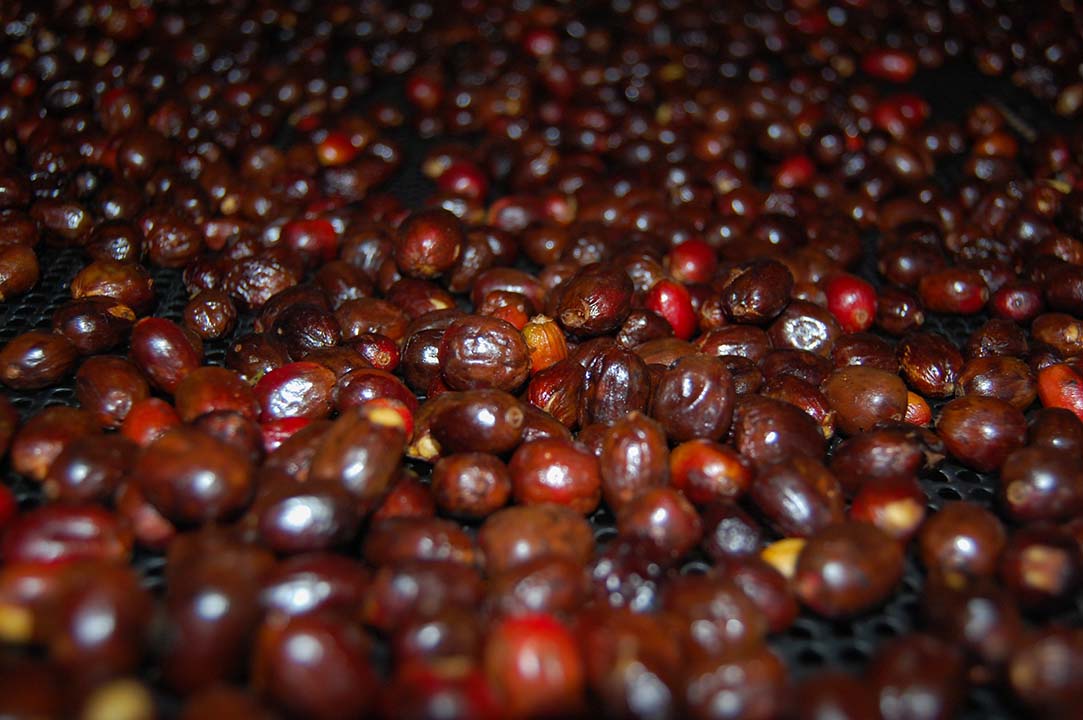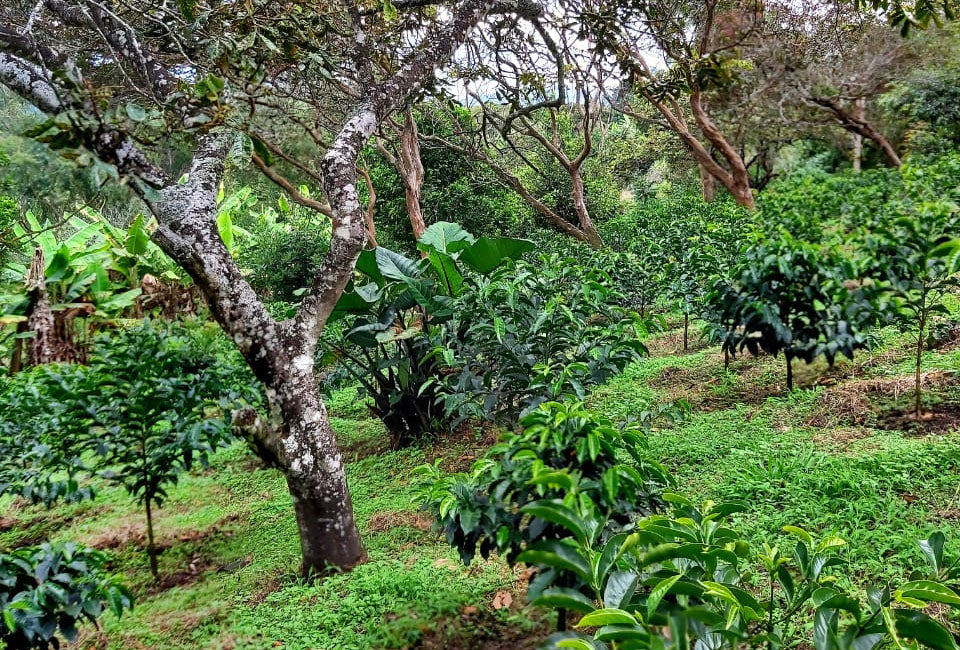Our goal is to bring the finest coffees in the world to the attention of consumers and to be represented in international competitions. We wish to establish close relationships with producers where quality, innovation, consistency and sustainability is important.

The aim of the project is to scientifically show how one can increase the value of the coffee by introducing a processing method using less water whilst not decreasing quality. Coffee production is the industrial process of converting the raw fruit of the coffee plant into the non-roasted green coffee bean. During the different processes to obtain the beans, large amounts of by-products are generated. The cherry has the fruit (pulp) removed leaving the seed (bean) and is later dried. Each ton harvested coffee fruit leaves 0.18 ton of coffee husk. While all green coffee is processed, the method that is used varies and can have a significant effect on the flavor of roasted and brewed coffee.

Coffee roasting converts the chemical and physical properties of green coffee beans. The roasting process is what gives the characteristic flavor of coffee by processing the green coffee beans. They change color, taste, odor, density and much more. The roasting involves physics (thermodynamics, endo- and exothermic heat transfer, experimenting with different heating methods such as gas, air, …), chemistry (manipulation of acids, Maillard reaction, reduction of sugars, …) and mechanical (a coffee roasting machine is driven mechanically and operates in heating, drum speed, …). These are just some existing sciences which can be attributed to the process. By combining these natural sciences makes the process of coffee roasting is not less worthy to be included within the scope of research and empirical deduction. The research and development stage aims each day to process the coffee beans and bring out the best of acidity, body, aroma, taste and finish. There is so much more to coffee than just a boost of caffeine in the morning and a conversation in the lunch-break.

We have identified the following tasks which are crucial:
- Followup the coffee producers with the processing methodology.
- Document growing, harvesting and processing variables such as weather conditions, temperature, moisture, trees, coffee varieties, growth elevation and irrigation.
- Analyze the post-processing in respect to defects according to SCAE’s defect control system
- Initiate sample roasting of the beans and document the process by recording charge temperatures, turning points, initiation of Mailard reaction, cracking and drop temperatures.
- Inspecting the roasted coffee beans by licensed Q grader
- Cupping the coffee while recording data for aroma, flavor, aftertaste, acidity, body, balance and overall plus defects according to SCAE’s cupping score sheets by a licensed Q grader
- Documenting the research and publishing our findings



